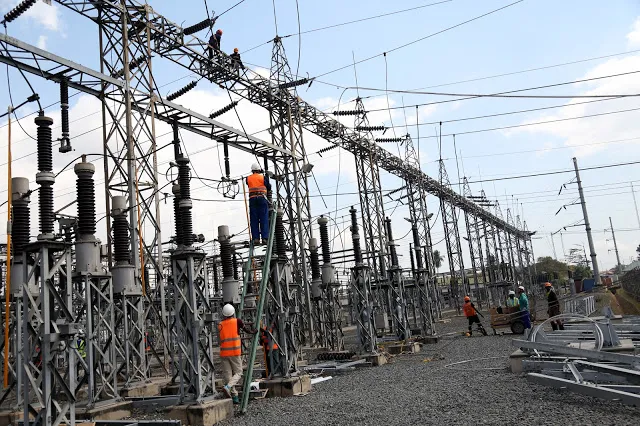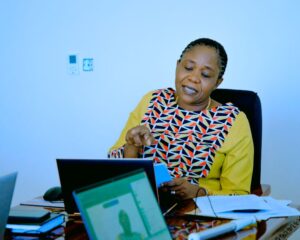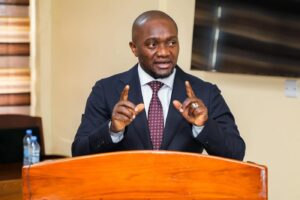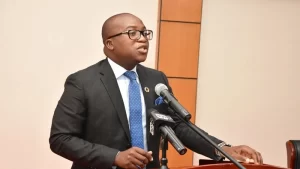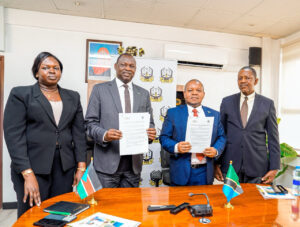By Business Insider Reporter
The East African Community (EAC) is poised to reap wide-ranging economic and regulatory benefits from the growing strength of the Energy Regulators Association of East Africa (EREA).
EREA is an intergovernmental platform established to harmonise energy regulation across the region.
As energy demand rises with industrialisation and population growth, EREA’s coordinated approach is being seen as critical to improving energy access, efficiency, and investment climate across member states.
Formed through a memorandum of understanding in 2008, EREA brings together regulatory authorities from all EAC partner states including Tanzania, Kenya, Uganda, Rwanda, Burundi, Somalia and the Democratic Republic of Congo.
EREA’s primary mandate is to align policy, regulatory frameworks and technical standards to promote an integrated and sustainable energy market in the region.
One of the main advantages EREA offers member states is regional policy harmonisation.
This includes the alignment of energy tariffs, legal frameworks, and licensing procedures, which facilitates easier cross-border electricity trade and helps attract foreign investors seeking regulatory predictability.
EREA has also established shared data and research platforms to inform evidence-based policy decisions.
“Harmonising regulatory frameworks reduces risk and uncertainty for investors. It creates a more stable environment for regional infrastructure projects and power purchase agreements,” says energy policy analyst Dr. Fredrick Mugisha.
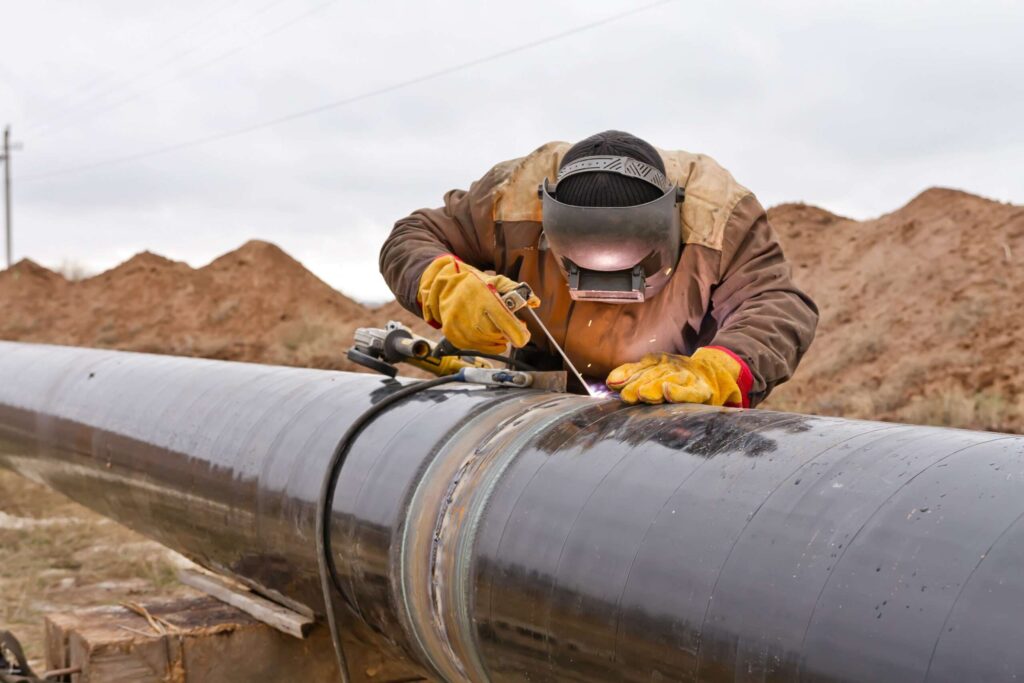
The association plays a central role in promoting skills development and capacity building among energy regulators. Through regular training sessions and technical exchanges, regulators and utility operators benefit from shared experiences and expertise in areas such as renewable energy integration, electricity distribution, and petroleum safety standards.
Notably, EREA also encourages the joint development of regional infrastructure, including electricity interconnectors and gas pipelines.
Coordinated planning reduces duplication of projects, promotes efficient use of shared resources and supports the realisation of the EAC’s energy master plan.
Member states benefit from improved grid stability, reduced costs, and increased access in remote areas.
Additionally, member countries have access to digital tools and regulatory technologies developed with EREA support. For instance, Zanzibar’s energy regulator (ZURA) recently received support to implement a comprehensive database management system to monitor energy data and improve efficiency.
This system is now being considered for rollout in other member states.
EREA also facilitates collaboration on consumer protection, standard setting, and quality control – ensuring that energy users across the region receive safe, reliable, and fairly priced services.
By promoting transparency and governance best practices, the body enhances public trust in energy systems.
As regional economies continue to expand and integrate, EREA is expected to be instrumental in shaping a cohesive energy landscape for East Africa.
With upcoming meetings planned in Kinshasa and Entebbe, stakeholders are optimistic about the momentum building toward a fully integrated and well-regulated regional energy market. “EREA is more than a technical platform—it’s a strategic vehicle for economic transformation and resilience in East Africa,” says Latifa Khamis, Director General of TanTrade. “A stable and harmonised energy sector is foundational for trade, investment, and sustainable development.”

